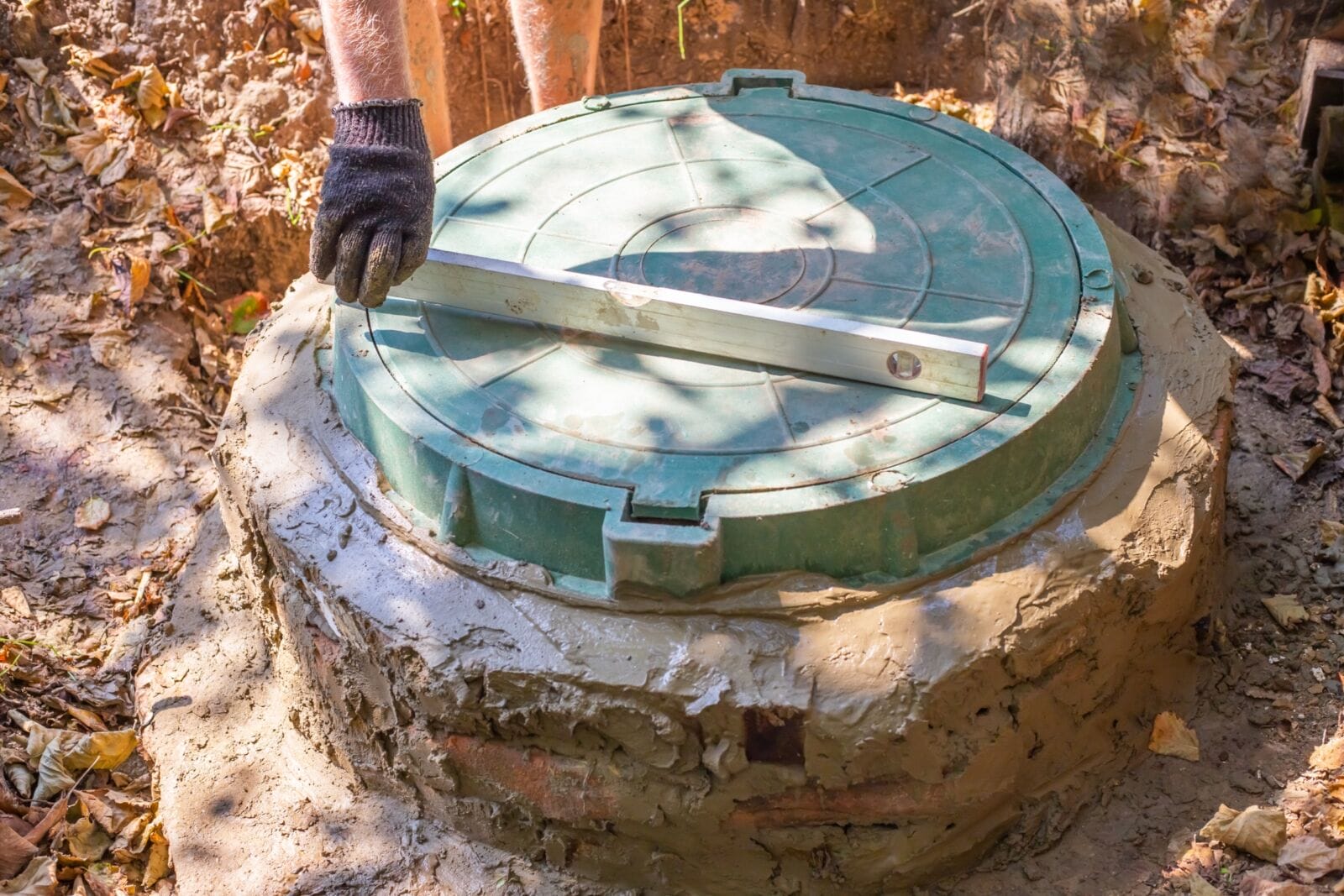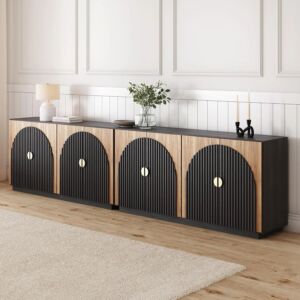Choosing the right size septic tank for your house ensures an efficient and durable wastewater treatment system. As a homeowner, you need to consider several factors, including household size, water usage, and local regulations. If you prefer a hands-off approach, Rooter Septic Services can handle everything from system installation to routine septic pumping in Jonesboro. Here are some tips to help you decide your house’s best septic tank size.
Assess the Size of Your Household
The number of household members is one of the main factors in determining the size of your septic tank. Larger households usually produce more wastewater, requiring a bigger tank. Industry professionals recommend a 1,000-gallon tank for a household with up to four bedrooms, and for every additional bedroom, add another 250 gallons to the tank’s capacity. This ensures the system can handle peak usage without risking overloads and emergency repairs.
Consider Future Expansion
When choosing a septic tank size, consider any potential future expansions to your home. If you plan to add more bedrooms or bathrooms, it’s better to opt for a larger tank now rather than face the need for an upgrade later. Future-proofing your septic system can save you from costly renovations and ensure your system remains effective as your household grows.
Check Local Regulations
Local health departments and building codes often have specific requirements for septic tank sizes based on the number of bedrooms or the square footage of the building. Before making a decision, it’s important to consult with your local authorities or a reputable septic company to understand these regulations. Non-compliance with local codes can result in fines and require costly modifications to your septic system.
Analyze Soil and Site Conditions
The soil type and overall site conditions of your property can affect the size of the septic tank you need. Soil with good filtration rates can handle wastewater more efficiently, allowing for a smaller tank. On the other hand, soil with poor drainage will require a larger tank to avoid overloading the drain field and scheduling an emergency septic pumping in Jonesboro. Conducting a percolation or perc test can provide valuable insights into your soil’s absorption capabilities and guide you in selecting the appropriate tank size.
Seek Professional Advice
As mentioned, consult a septic service provider when deciding on the size of your septic tank. Professionals can perform site evaluations, consider all relevant factors, and provide recommendations tailored to your situation. They can also help ensure your system complies with all local regulations and is designed for optimal performance.
Factor in Your Budget
While choosing the right size septic tank for your home is essential, your budget is also a significant consideration. Larger tanks and more complex systems naturally come with higher costs. Balance your needs with long-term sustainability, ensuring you invest in a system that meets your household’s requirements without exceeding your financial capacity.
Whether moving into a new home or considering an on-site wastewater treatment system, deciding on the ideal tank size for your house involves considering these factors. Contact us at Rooter Septic Services and schedule a consultation to ensure your septic system is effective and compliant for years.




